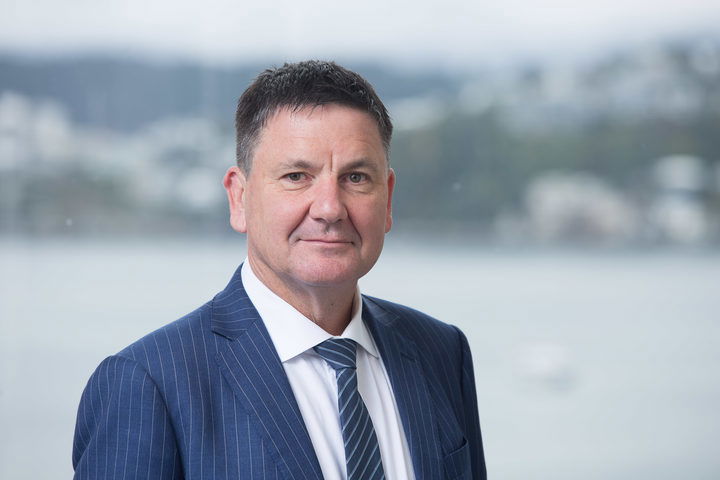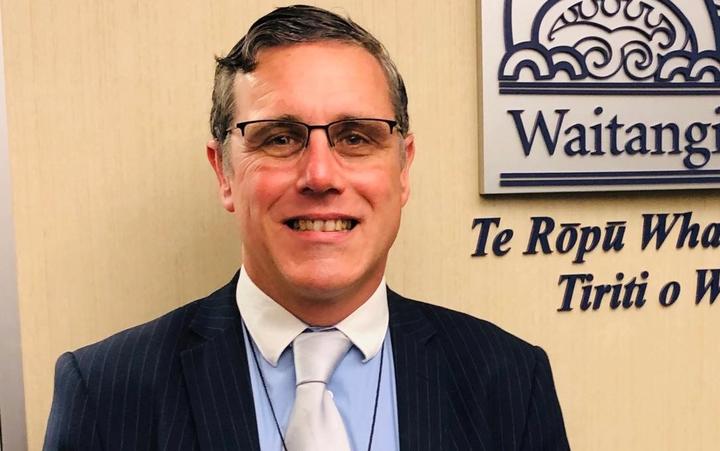Threats to freedom warned if social media unlocked to Five Eyes
Civil liberties groups believe privacy, freedom of expression and trade secrets could be eroded if tech companies give up their encrypted data to governments.

Photo: 123RF
The New Zealand Government and its Five Eyes security partners are calling on companies like Facebook to release data when requested, in order to curb online crime.
Minister for Justice Andrew Little said while encryption played an important role in protecting personal data it was also used to hide illicit material such as child pornography or terror communication.
Little – who oversees New Zealand’s spy agencies – said instances of child sexual abuse and exploitation online were growing rapidly.
To curb this, the government wants to cooperate with tech companies.
And that would include requests for information being on a warranted basis.
“Government’s would demonstrate there is a reasonable cause to suspect there has been criminal offending, so the control is still left in the platform owners, but it gives enforcement authorities the ability to chase up and investigate some of the most heinous criminal offending we’ve ever seen.”
But Council of Civil Liberties chair Thomas Beagle pans the government’s plea for more access as contradictory and dangerous.
“It talks about the value of encryption – secure information, private conversations, doing things free from repressive governments – and then it talks about how they need to stop all that because they need to access it to stop crime.”
Even if a New Zealand government handled the information carefully, that doesn’t mean other countries will. And if one government has access to this information, then other government’s will request it as part of doing business with another country, Beagle said.
He warns that surveillance has a chilling effect on freedom of expression and association.
“Our government already has extensive powers of surveillance using other means, and I don’t believe this will be the silver bullet that will stop all this crime happening.”

Privacy Commissioner John Edwards. Photo: Supplied / Office of the Privacy Commissioner
Privacy Commissioner John Edwards said agencies could already be required to hand over information if there was a lawful warrant.
“Government’s are quite right to be concerned about the use of platforms for exploitation of children, the difficulty is in how you provide that access in a way that does not break the security for legitimate purposes.”
He said requirements for companies to release information would be applied in all countries, including oppressive ones.
An international set of guidelines could be established to set out how information is gathered, he suggested, but added that would not be water tight.
“Even then you don’t solve the technical challenge of allowing access for legitimate purposes while maintaining a secure network, and people in the tech industry tell me this is impossible.”

Karaitiana Taiuru. Photo: Supplied
Cultural advisor and advocate for digital Māori rights, Karaitiana Taiuru, said shutting down harmful behaviour on platforms like Facebook could actually help Māori who face online racism, abuse and scams.
It was often not reported because there were no culturally sensitive systems or agencies equipped to deal with complaints, he said.
Taiuru said added protection for vulnerable or young Māori was good, but only if Māori voices were at the table helping set the terms.
“We’ve got several hundred years of mistrust with the government.”
He cited the Tohunga Suppression Act 1907, the Native Schools Act 1867, the Urewera Raids as examples of improper surveillance and suppression against Māori.
“The primary issues with all of those significant pieces of legislation that did impact Māori, was that there was no consultation with Māori or with the appropriate individuals and organisations.”
The more pressing concern for surveillance of Māori is facial recognition technology, Taiuru said.
